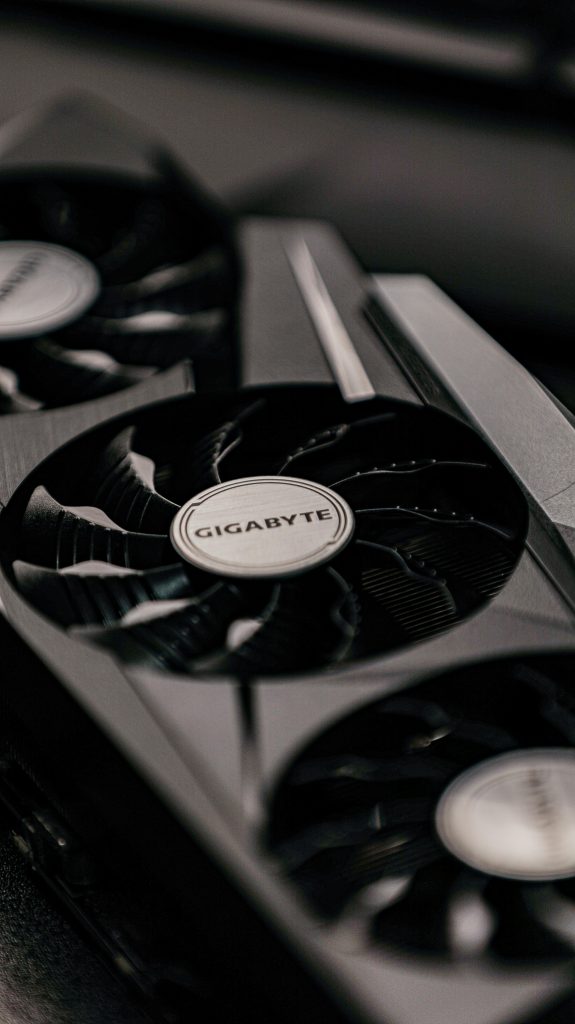Understanding and Resolving Performance Issues on a Recently Built High-Performance PC
Building a new computer is an exciting milestone, especially when assembling a high-end machine designed for demanding tasks like data processing and day trading. However, it’s frustrating when your system, only a couple of months old, begins to perform sluggishly. If you’re experiencing issues such as laggy mouse movement, slow execution of applications like ChatGPT, and increased fan noise, it’s important to systematically diagnose the problem.
In this article, we’ll explore common reasons for slow PC performance post-build and provide guidance on troubleshooting and optimizing your system for peak performance.
System Overview
Based on your build, your PC features an impressive array of components:
- Processor: AMD Ryzen 9 9900X with Water Cooling
- Storage: Samsung 990 Pro 2TB NVMe SSD (Gen 4)
- Graphics Card: GIGABYTE RTX 5070 Ti WINDFRC OC 16GB
- Case: Corsair 3500X RGB Tower
- Memory: 64GB Corsair DDR6000 (2x32GB)
- Power Supply: Corsair RM1000X 80 Plus Gold, ATX3 2024 ready
- Cooling: Corsair iCUE TITAN 360mm Liquid Cooler with LCD Display
Your usage involves heavy data handling, frequent use of ChatGPT, and day trading — all of which can be resource-intensive.
Common Causes of System Slowness
- Background Processes and Software Conflicts
Unnecessary background applications can consume CPU, RAM, and disk resources, leading to sluggish performance. Check your Task Manager (Ctrl + Shift + Esc) to identify resource-heavy processes.
- Thermal Throttling
When your CPU or GPU temperature rises beyond optimal levels, hardware may throttle performance to prevent damage. Ensure your cooling system, particularly the Corsair iCUE TITAN 360mm radiator, is functioning correctly, and verify that airflow within the case is unobstructed.
- Storage Performance Issues
Although you have a high-speed Samsung 990 Pro NVMe SSD, performance issues can arise if the drive is nearing full capacity or if there are driver or firmware issues. Check disk health and usage via tools like Samsung Magician or CrystalDiskInfo.
- Driver and BIOS Updates
Hardware may not operate optimally if drivers or BIOS firmware
Share this content:



